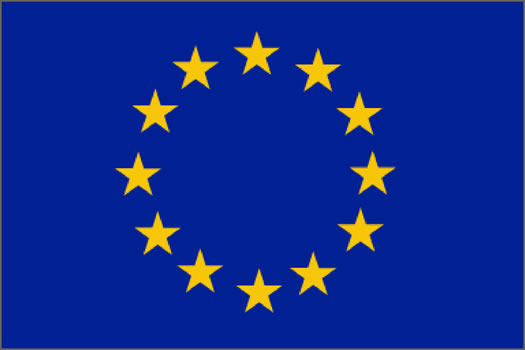In 2023, the European Union (EU) accrued €3.4 million from the rejection of Schengen visa applications submitted by Nigerian citizens, according to a report by Nairametrics.
Schengen visa statistics indicate that globally, the EU governments amassed €130 million from rejected visa applications, with 90% of these costs borne by African and Asian countries, as reported by EUobserver.com.
African nations, in particular, face significant impact from visa rejections, with rejection rates for countries like Ghana, Senegal, and Nigeria reaching as high as 40-50%. The figures exclude additional costs such as missed opportunities for business and leisure travel, and expenses incurred for legal advice and processing fees via private agencies.
Marta Foresti, Founder of LAGO Collective and senior visiting fellow at the Overseas Development Institute, highlighted the profound implications of visa inequality. She described the costs of rejected visas as “reverse remittances,” representing a financial flow from poorer to richer nations. Foresti emphasized the need to address these hidden costs in discussions about aid and migration.
The EU also notes that about half of all irregular migrants in its 27 member states result from visa overstays. In the previous year, over 83,000 non-EU citizens were repatriated, marking a return rate of 19%, according to the EU Commission.
Visa restrictions have increasingly been used as a political tool by the EU, leveraging Article 25a of the 2019 visa code to impose restrictions on countries with low rates of migrant returns. In April, for instance, the EU Council imposed visa sanctions on Ethiopia due to its non-cooperation in returning nationals staying illegally in EU countries. These sanctions included a ban on obtaining multiple-entry visas and the removal of fee exemptions for diplomatic and service passport holders. Conversely, visa restrictions on The Gambia were lifted after its migrant return rate improved from 14% in 2022 to 37% in 2023.
Visa rejections, often described as ‘reverse remittances,’ entail non-refundable fees regardless of application outcomes. The largest numbers of visa applications to the EU come from Morocco and Algeria. Data shows that rejection rates for short-term visitor visas to Europe and the UK are higher for applicants from low and middle-income countries.
In 2023, the cost of Schengen visa rejections rose to €130 million, up from €105 million in 2022. The rejection rate is anticipated to increase further in 2024, with the EU Commission set to raise the adult visa application fee from €80 to €90 on June 11. Meanwhile, the UK generated £44 million (€50 million) from rejected visa fees.



